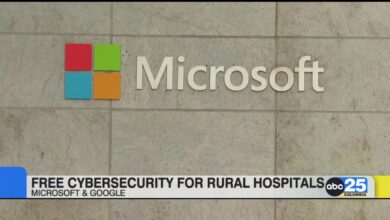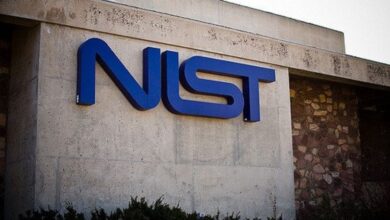17 Cybersecurity Best Practices to Follow Now
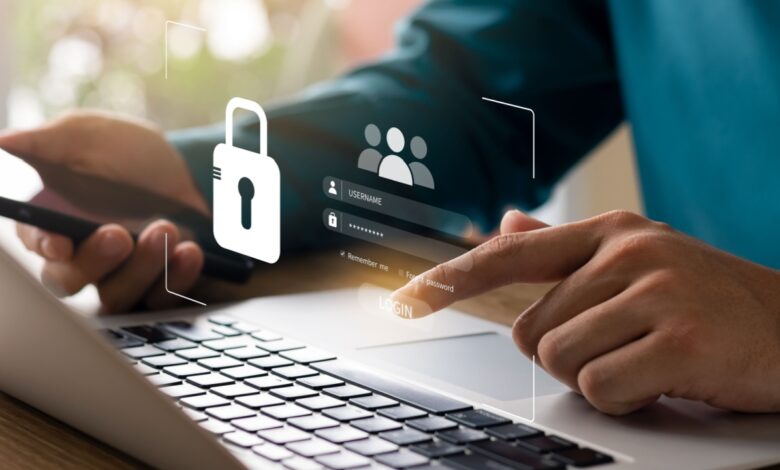
Hardly a week goes by without hearing something on the news about another technology security breach. These typically involve the unauthorized access of personally identifiable information (PII) or withholding sensitive data until hackers receive money (ransomware attacks).
While these digital attacks occur at businesses of all sizes, individuals are also at the mercy of bad actors. These basic security measures protect private information from unauthorized persons.
1. Password Protections

One of the most common forms of data breaches is accessing user passwords. To prevent this from occurring, use difficult-to-guess passwords and change them periodically. Avoid using sequential numbers or the names of pets or hobbies. Those are the kind of passwords that are easy to guess.
Use different passwords for all your online accounts. If one is compromised, all of them are at risk. Don’t reuse old passwords; choose unique ones each time you change them. Don’t write down or share your passwords with others.
2. Use Dual-Factor Authentication
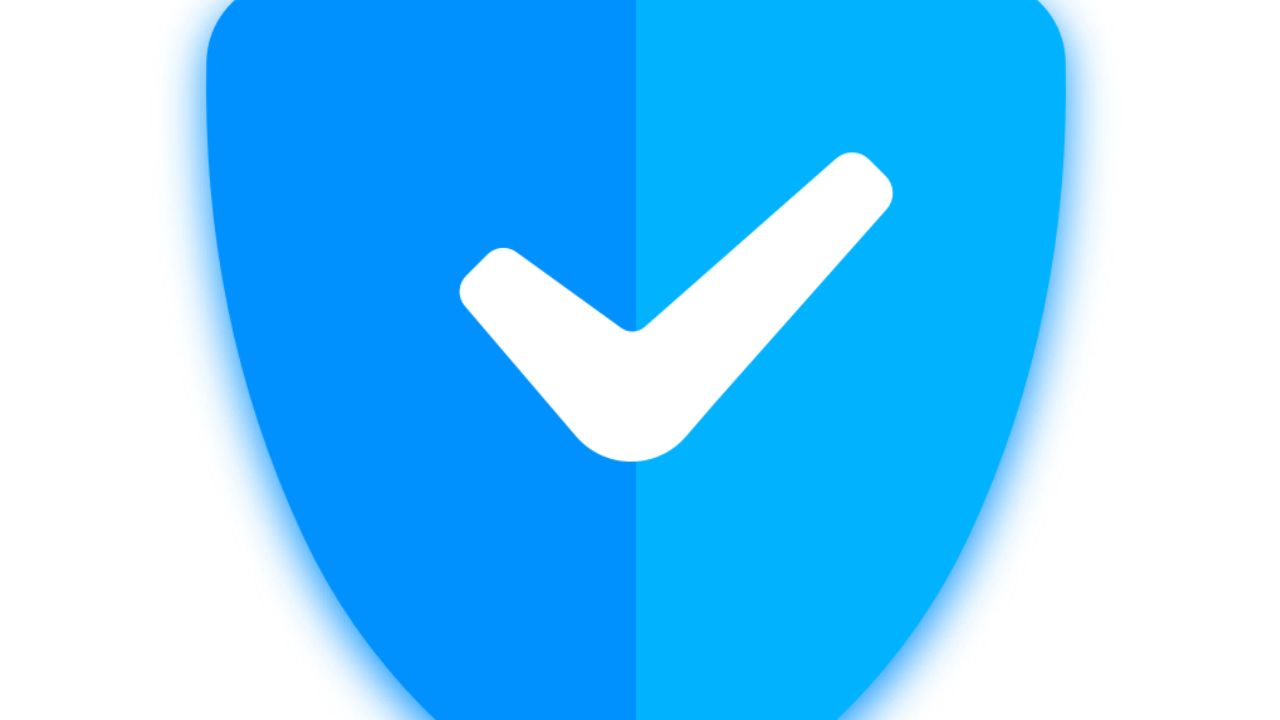

Also called two-factor authentication, this security method mandates users verify their identity with two distinct identifiers. If either or both identifying factors fail, then access is denied.
The two factors used to verify identity may include a combination of passwords and biometrics, like facial recognition or fingerprints. Other identifiers may consist of using a PIN, the correct answer to a security question, a password, or other information only known to the user.
3. Don’t Open Spam Emails
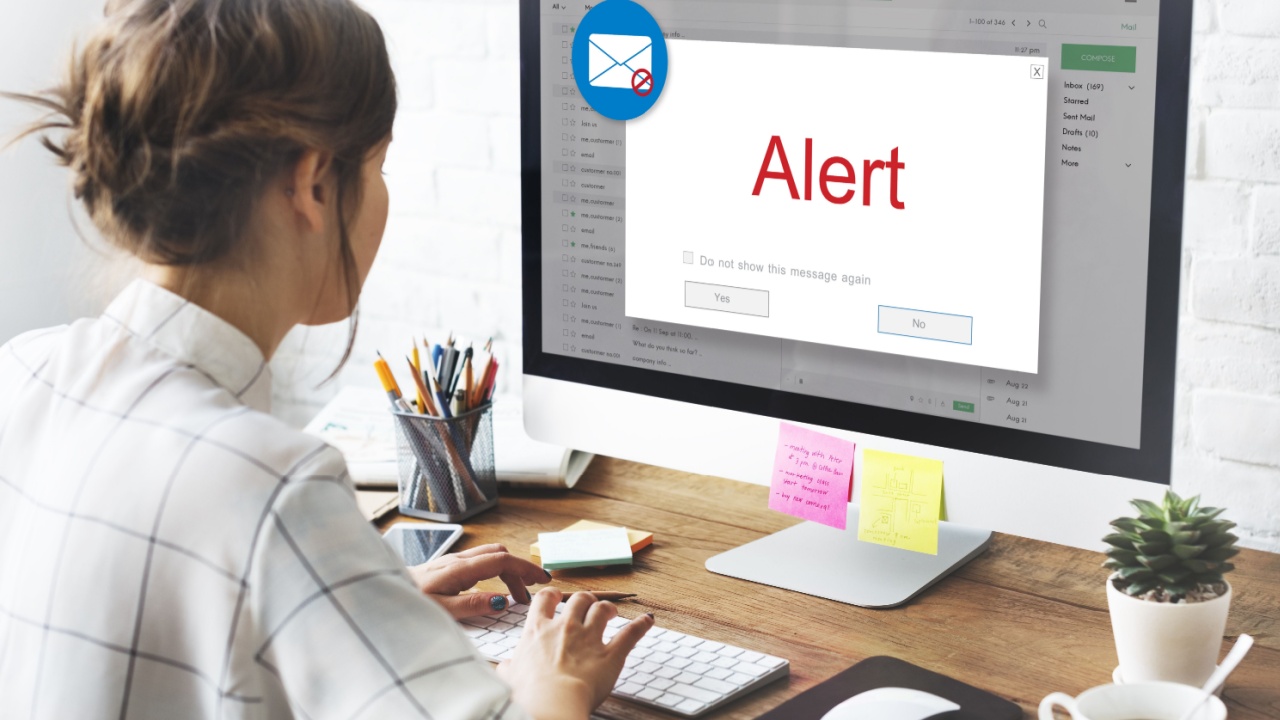

Spam emails are an annoyance, but they also threaten your devices and data. Some spam messages may look official because they use the logos of well-known companies but don’t open them. These messages often contain viruses or messages that trick users into paying money or revealing personal information.
A common scam involves emails claiming to be receipts for hundreds of dollars to be deducted from your PayPal account to pay for a service you didn’t order. When you call the provided number, the scammer asks you to divulge your credit or debit card number to dispute the charges. Don’t fall for it.
4. Avoid Unfamiliar Websites
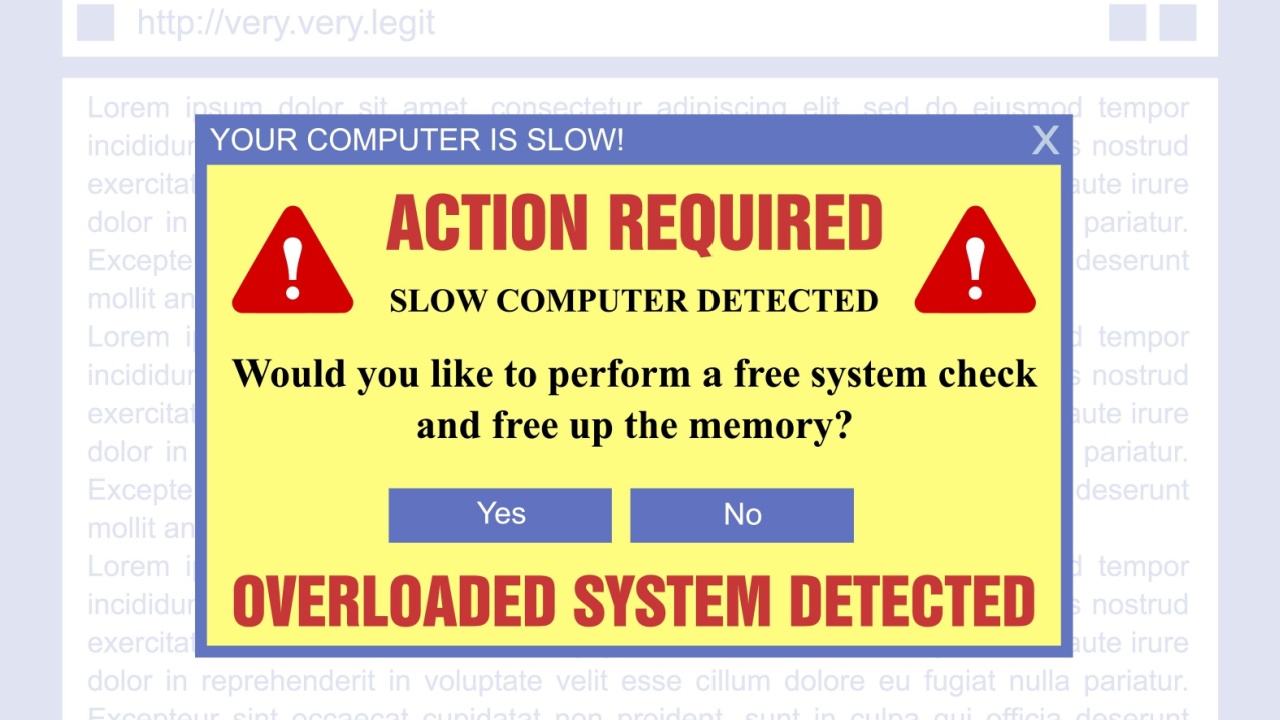

When you’re online, you’re likely to receive a link to a website either from an email or a social media message. While some link to legitimate sites, others direct users to harmful sites.
Some links may come from strangers, and others may come from people you’re familiar with. They may not realize the link is to a malicious site, so it’s best to stick with familiar websites.
5. Use Social Media Safely
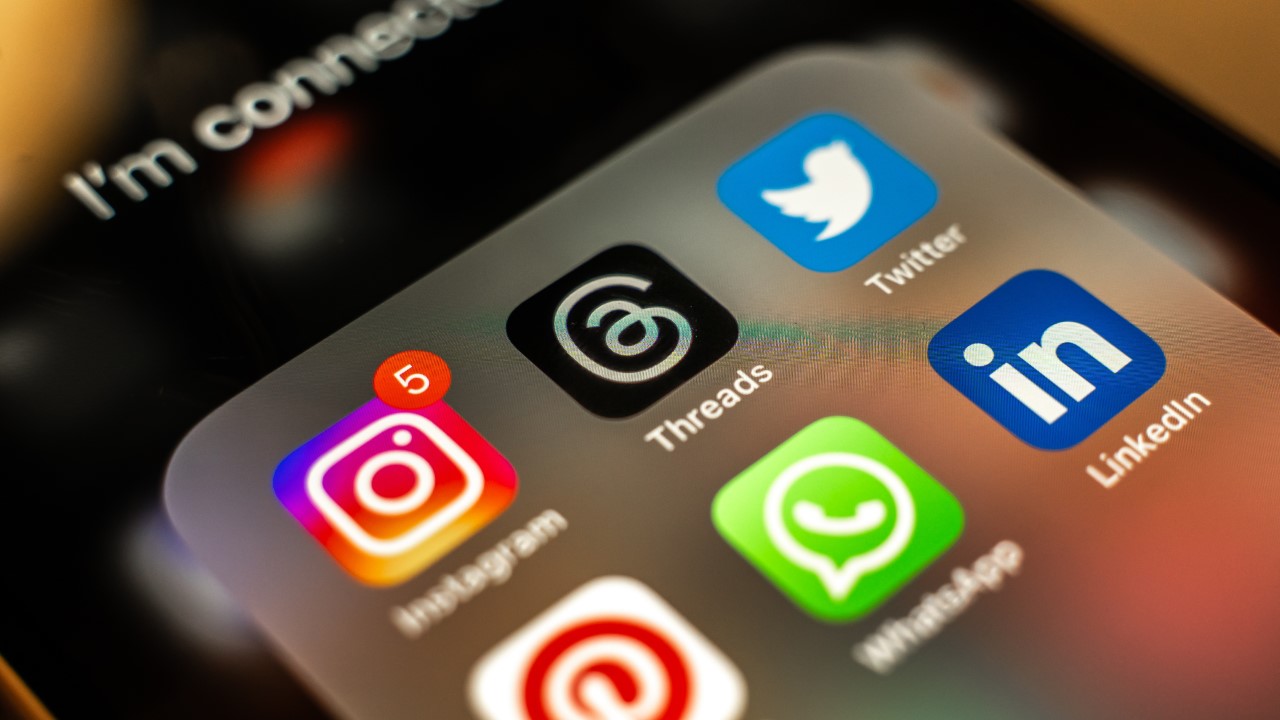

Social media platforms make connecting with family and friends and meeting new people easy. Users commonly share photos and information about their lives, but this is an easy opening for hackers.
Malicious actors use personal data found online to exploit users for their purposes. If the information about your personal life isn’t something you would disclose to strangers, don’t post it online.
6. Suspicious Links and Attachments


Hackers will use any method to exploit weaknesses in computer security, and email is a highly effective way to do this. They attach links that send users to fake websites requesting confidential information.
Bad actors also attach official-looking documents to emails and request you review them. If the attachment isn’t from a trusted source or isn’t one you’re expecting, don’t open it. The document may contain malicious code that infects your device.
7. Don’t Use Debit Cards Online


Many enjoy the convenience of online shopping. It’s also an open invitation for cybercriminals. However, you can take measures to secure your purchases.
Try to avoid using a debit card linked to your bank account. Hackers can access your debit card number to clean out your accounts. If possible, use a credit card or online payment system like PayPal or Venmo for added protection against fraud.
8. Use Security Software
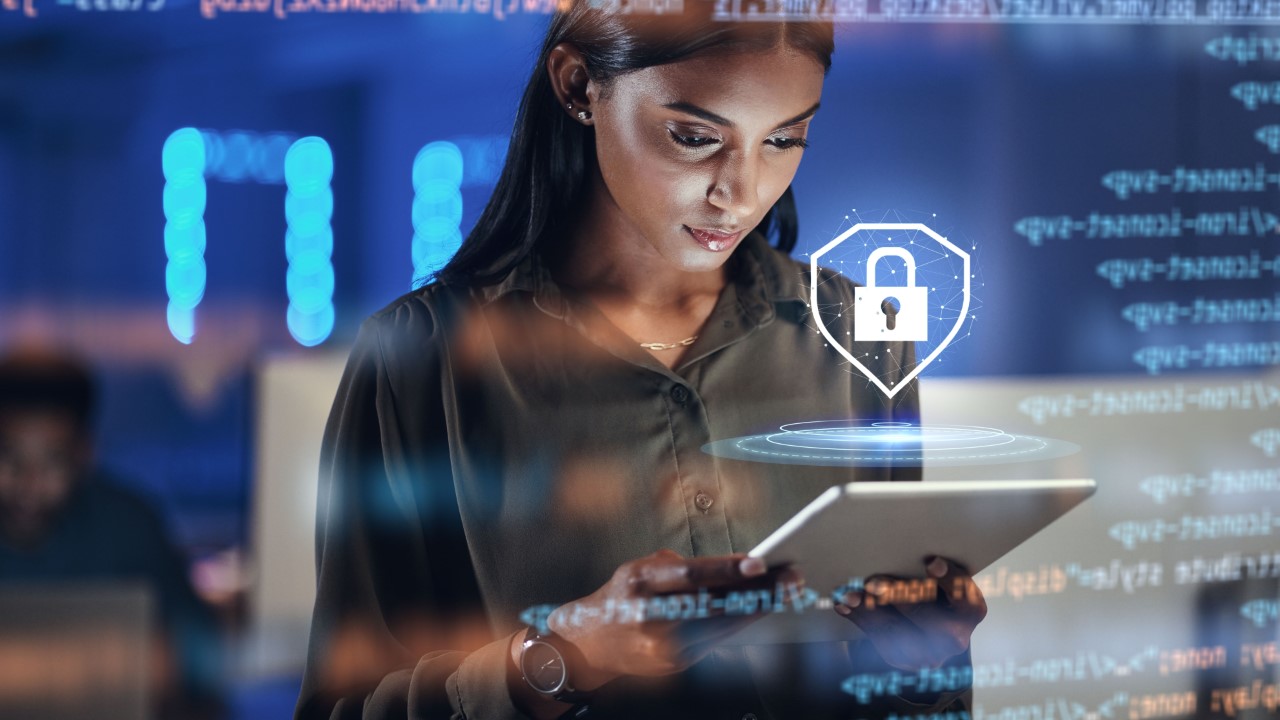

Security software protects networks, desktops, laptops, and mobile devices from cyber threats. These threats include viruses, malware, unauthorized access, and denial of service (DoS) attacks, which lock you out of your accounts.
Security software helps keep your systems, data, and access safe from bad actors and the risks they pose. Not all security software is created equal, so it’s important to research the best ones to meet your specific protection requirements.
9. Avoid Unsafe Downloads
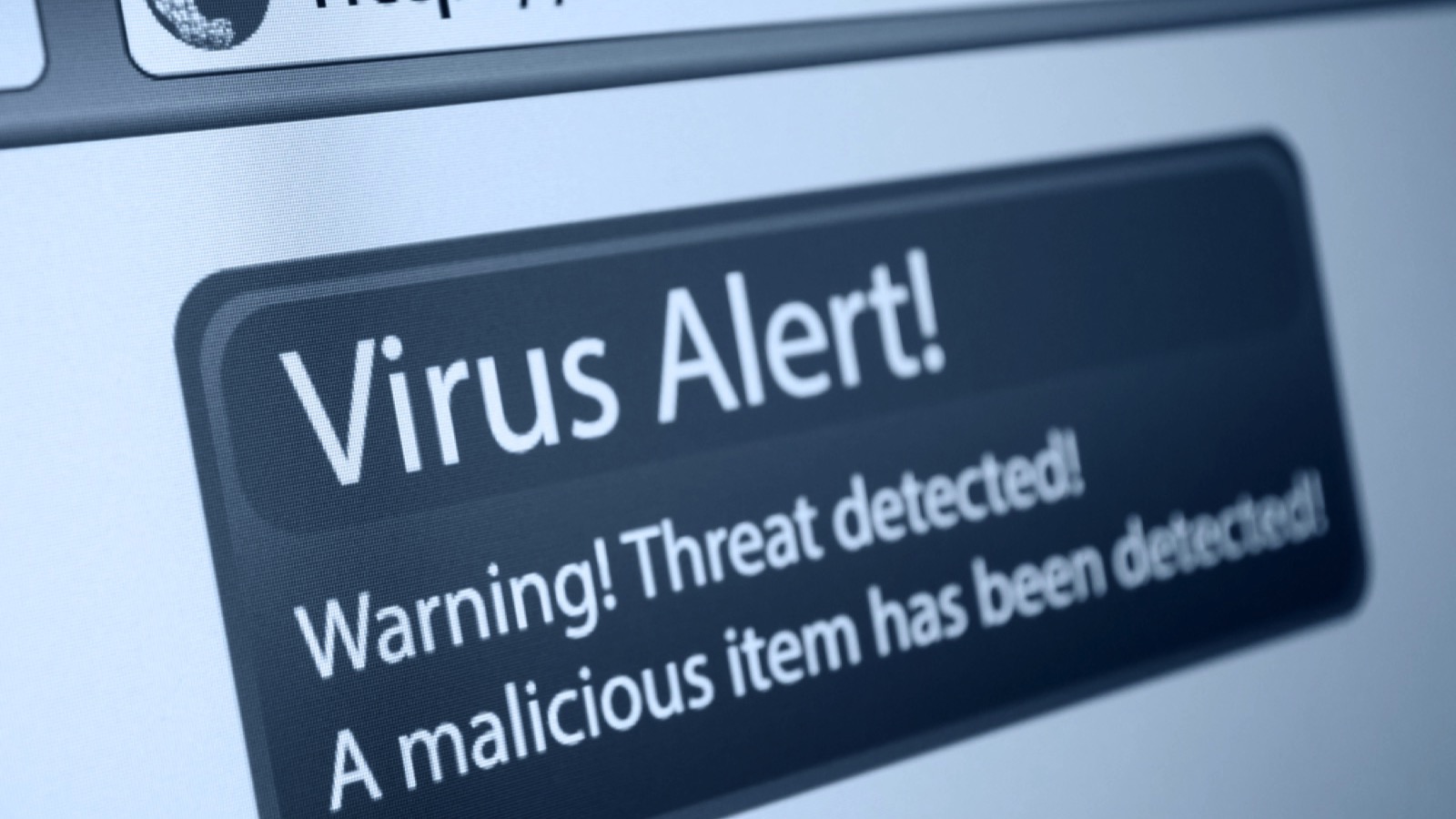

Some downloads are necessary for online use, but not all are harmless. Be cautious about what you download and where you download from. Bad downloads can damage your device or compromise your data.
Only download games, apps, or software from sites you’re familiar with. Instead, download apps from secure platforms like Apple’s App Store or Google’s Play Store and software and plugins from trusted websites.
10. Backup Your Data


Regularly backing up your data is one of the most important actions to take, especially in case of a security incident. If the information on your devices is lost or deleted, you can rebuild with a backup of your data.
Computers have a backup process, which can be found by searching “backup” on the device. Users can enable automatic backups on their computers and mobile devices without human intervention.
11. Keep Up With System Updates
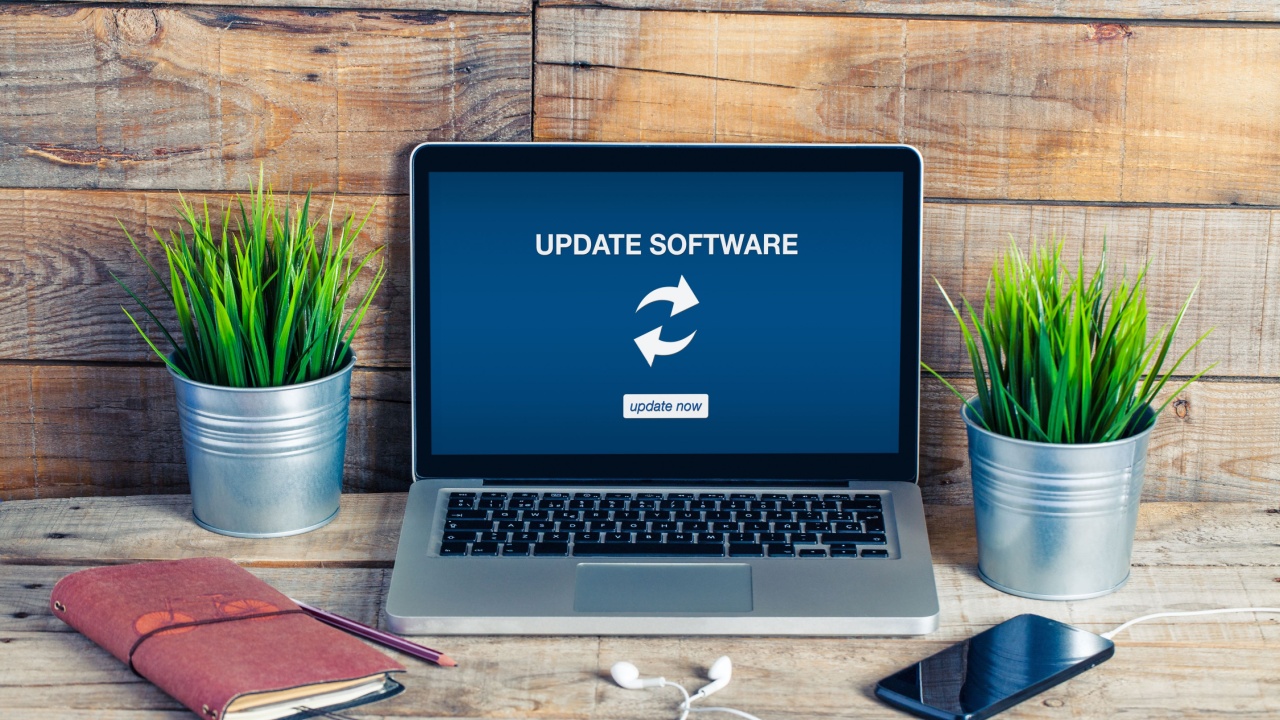

Updating your computer’s browsers, software, and operating systems probably isn’t high on your priority list, but it should be. Older systems are more vulnerable to attacks, but even new systems are at risk.
Fortunately, you often don’t have to complete these updates manually. Your devices will send you reminders about required system updates you must approve. Many devices have a setting to perform system and software updates automatically.
12. Use a Password Manager


Remembering all the different passwords used for various accounts seems impossible, but password managers make the task easier. A password manager program digitally stores your passwords in a single secure location.
Programs like iCloud Keychain and Google Password Manager allow you to save passwords across all devices. For example, if you own an iPhone, iPad, or MacBook, iCloud Keychain works on all three devices.
13. Don’t Save Payment Information


When making online purchases, many websites ask if you want to save your credit or debit card information for future use. As tempting as it is to say yes, it’s best to decline this option.
Even the most reputable websites can fall prey to bad actors. If your device saves credit or debit card information on a hacked seller’s website, your data is at risk of getting stolen and used by bad actors.
14. Protect Your Devices


If you need to temporarily leave your laptop, smartphone, or tablet, either lock it so no one else can access your valuable data or take it with you. If using a desktop computer, set it on the lock screen or turn it off completely.
When using an external hard drive, flash drive, or solid-state disk (SSD) drive for storage, make sure the data is encrypted and keep it locked away when not in use.


Websites with the letters HTTPS (hypertext transfer protocol secure) in the URL are encrypted and have a greater layer of security than HTTP sites. This encryption makes them relatively safe to use over secured public Wi-Fi networks.
If the public Wi-Fi network is unsecured, it’s more vulnerable to cyber-attacks. Unsecured Wi-Fi networks don’t require a login, security agreement, or password to access. Use a VPN (virtual private network) on public Wi-Fi networks or use your smartphone’s hotspot.
16. Safe Mobile Device Use
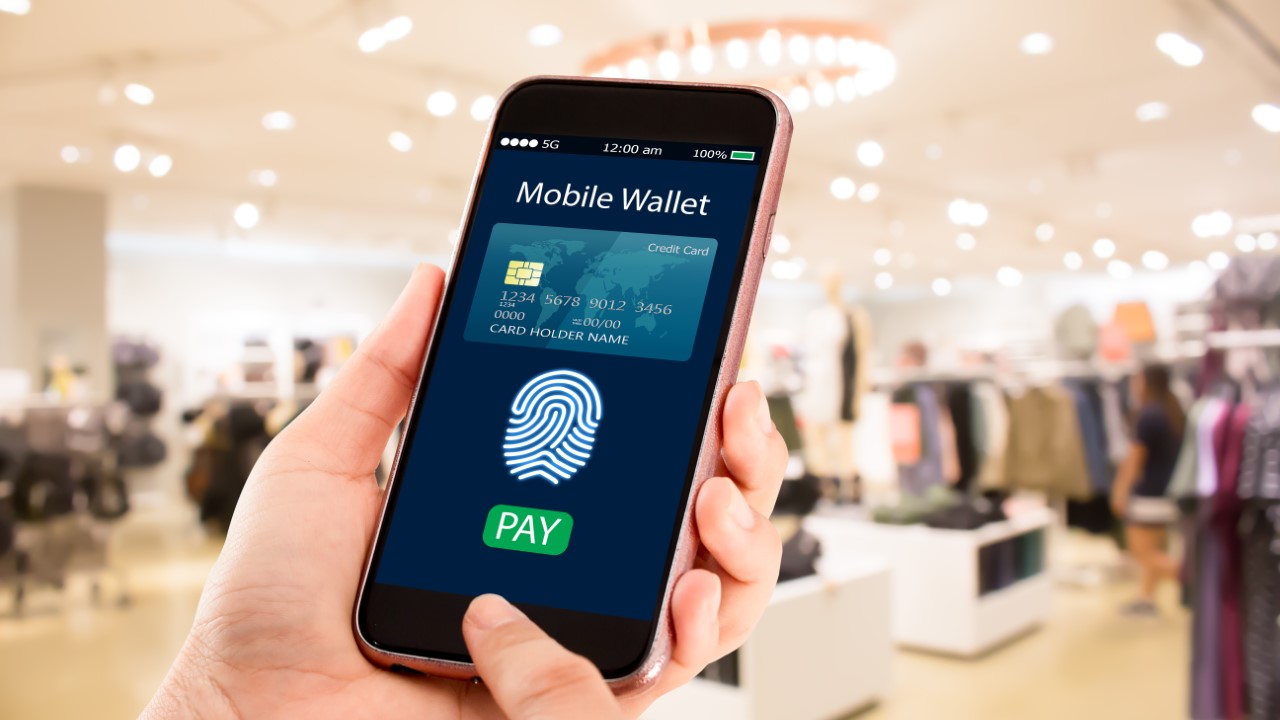

Malevolent actors prey on laptops and desktop computers, but smartphones and tablets are also targets. Never leave your devices unattended in public, and use two-factor authentication to unlock them.
Don’t open texts from unknown senders or click the links within them. In case of loss or theft, use features such as Device Manager for Android devices and Apple’s Find My iPhone to locate your phone.
17. Encrypt Your Data
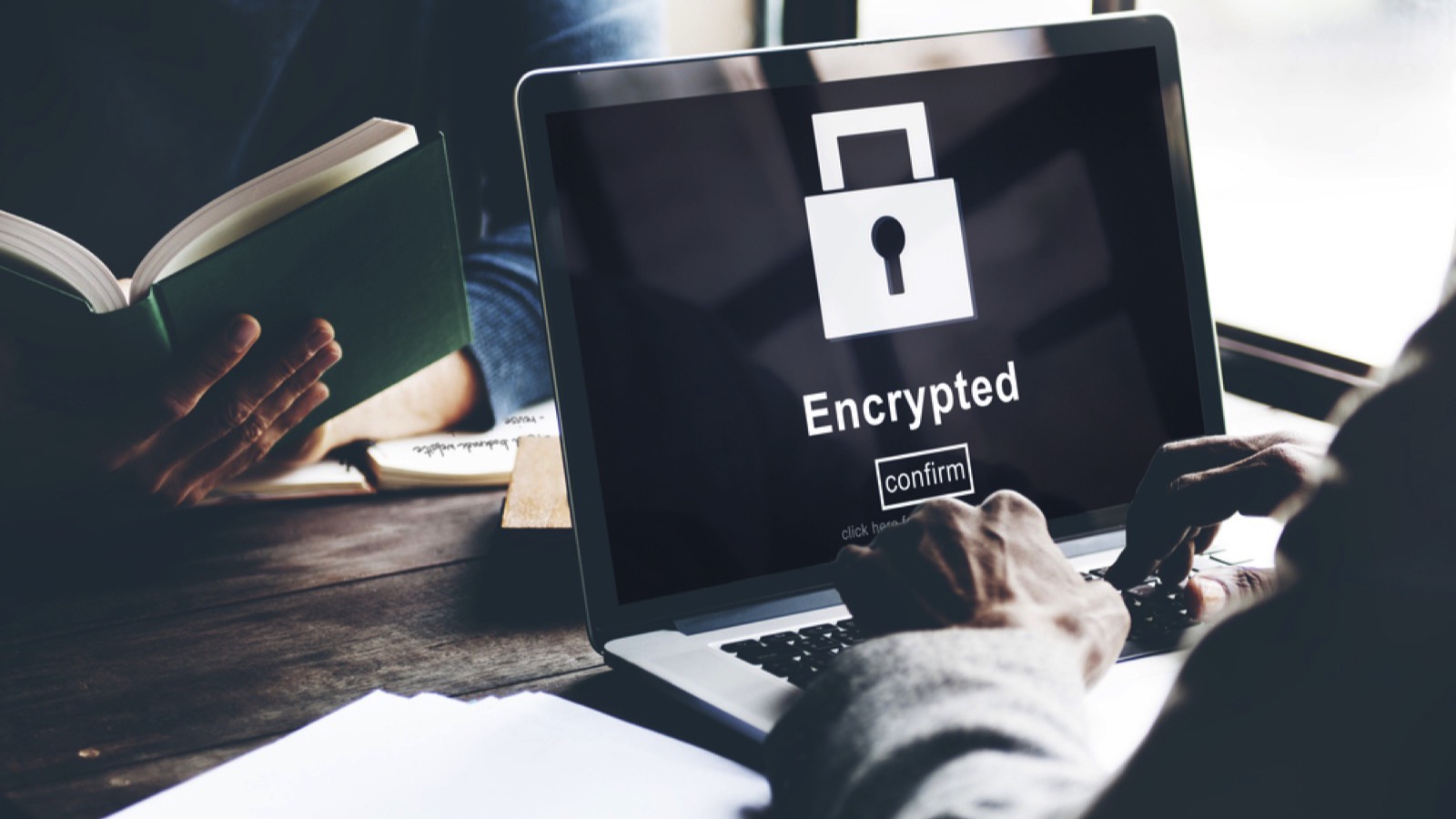

There are software programs that encrypt data on desktops and most mobile devices. However, it’s important to keep personal and sensitive data off devices as much as possible. This data includes credit card, social security, bank account numbers, and private health information.
If you must store or send private information on your device, encrypt it for protection from unauthorized users. Once you no longer have any use for that personal, sensitive data, delete it from your devices.
Read More From Us – 17 Movies With Zero Expectations That Blew Us Away


Never judge a book by its cover. You can say the same about movies.
Some of our favorite films are the ones we went into with no expectations. Despite this, they blew us away from start to finish.
17 Movies With Zero Expectations That Blew Us Away
Read More From Us – Classic 80s Movies Better Than Anything Released Today


The 80s was an incredible time for film. From award-winning cinema to hilarious comedies and everything in between, there was something for everyone to enjoy.
Thankfully, many of these 80s movies still hold up today. I regularly find myself watching these beloved 80s movies more often than modern cinema.
Classic 80s Movies Better Than Anything Released Today
